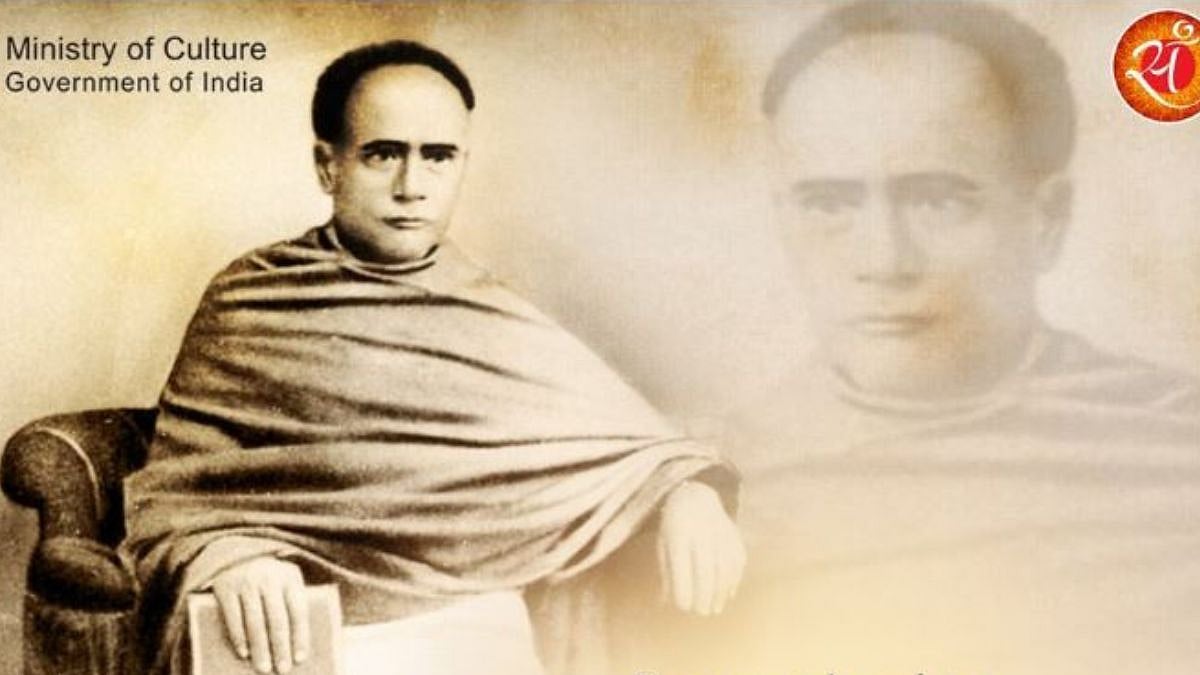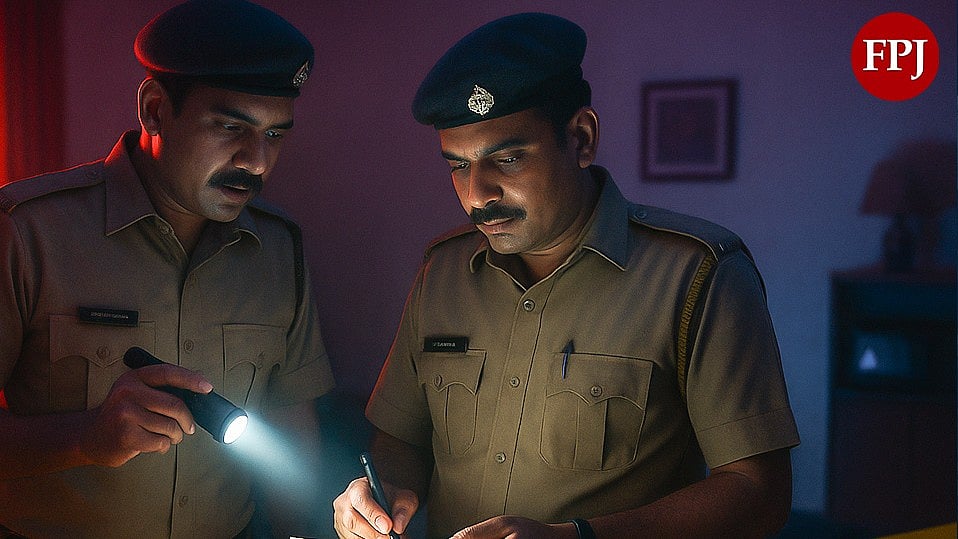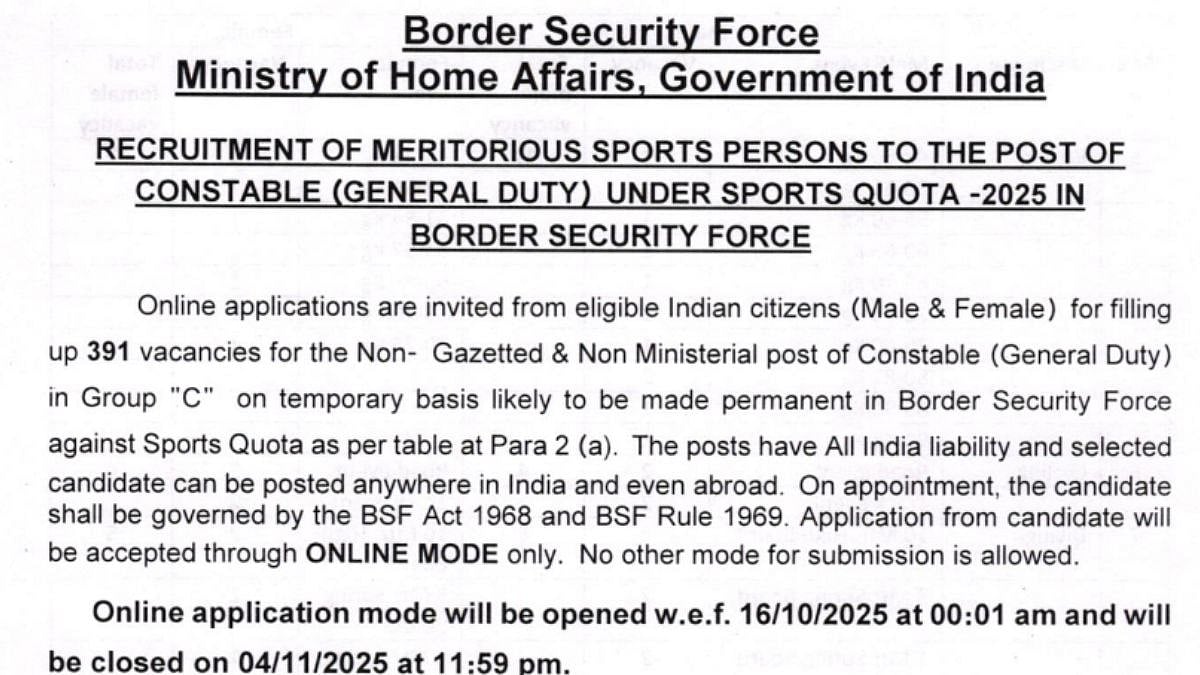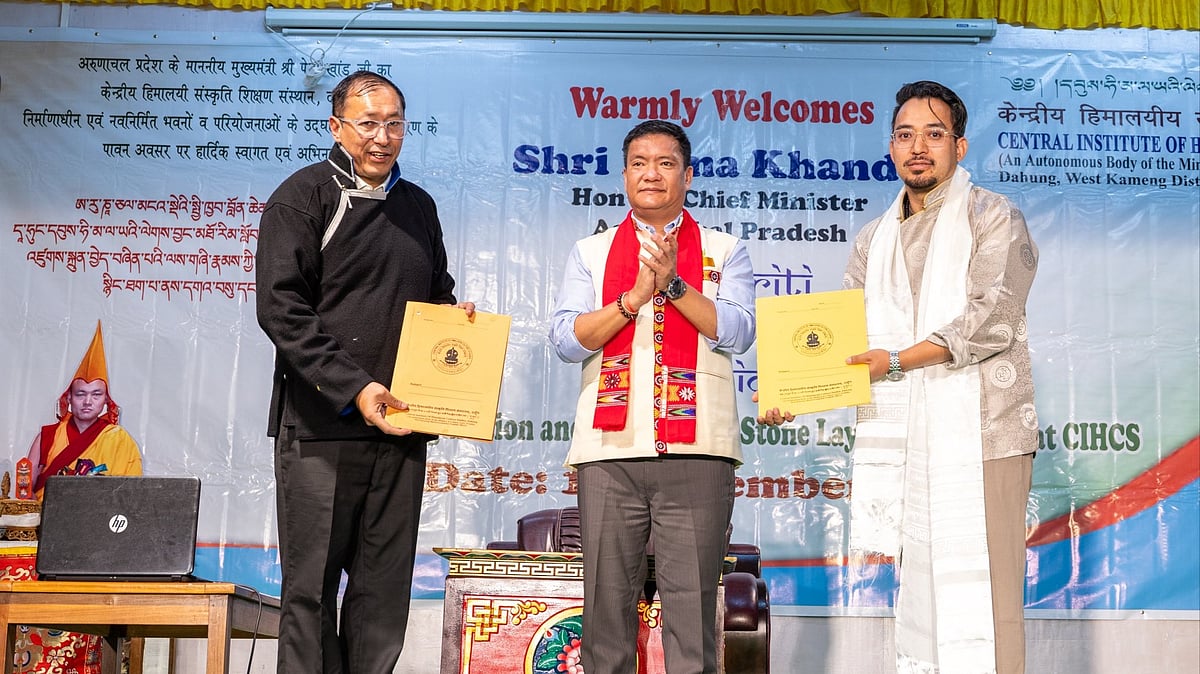Ishwar Chandra Vidyasagar, an educator and social reformer was a brilliant student and person with a lot of knowledge. He is best remembered for his social and educational reforms. In literature he rationalised and simplified the Bengali alphabet and type, which had remained unchanged since Charles Wilkins and Panchanan Karmakar had cut the first (wooden) Bengali type in 1780. He wrote ‘Borno Porichoy’ which is even today used to teach the Bengali alphabet to beginners of the language. He revolutionised the manner in which the Bengali letters were written and taught.
Reforms in education sector
Vidyasagar was the first person in Bengal to introduce the concepts of admission fee and tuition fee. He even set up a teachers’ training school so that there would be uniformity in teaching standards and methods. The great scholar also advocated for women’s education.
Social reformer
Ishwar Chandra Vidyasagar was a prominent campaigner for Hindu widow remarriage, petitioning the Legislative Council despite severe opposition. The Hindu Widows' Remarriage Act, 1856 was finally passed by Lord Dalhousi, the Governor-General of India from 1848 to 1856. He even fought against the child marriage, his efforts led to enactment of Age of Consent Act, 1891. According to which the minimum age of consummation of marriage was 12 years. Vidyasagar arranged the marriage of his son to a widow.
Title of 'Vidyasagar'
He received the title of ‘Vidyasagar’ from the Sanskrit College due to his brilliant performance in the college from where he graduated. The term 'Vidyasagar' means ‘ocean of knowledge’.











